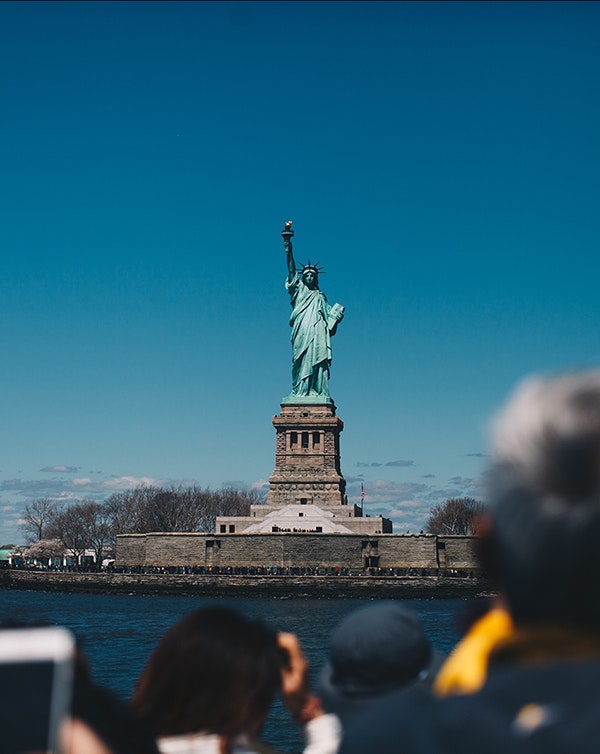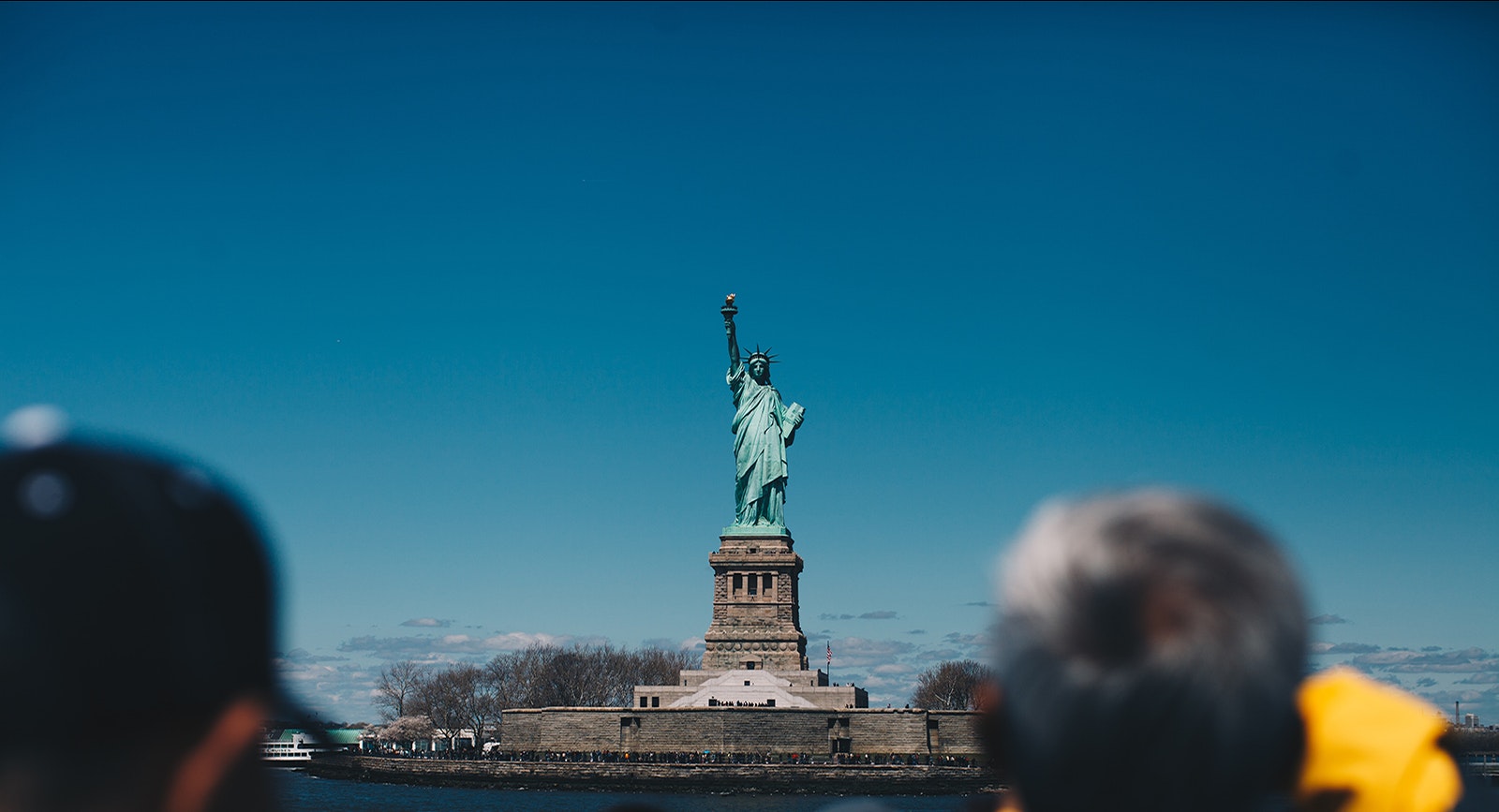More than 70 million people annually visit the United States to travel, study, and conduct business. Last year, fewer than 1% of those visitors failed to eventually depart the country, classifying them as “visa overstays.” And while some countries had much higher overstay rates, these are often a function of low total numbers of people coming in the first place — take, for example, Palau, which had a 33.33% overstay rate because a single individual, out of a total of three, overstayed.
Those covered by Rep. King’s proposal would include students paying full tuition at U.S. universities, tourists spending money at American small businesses, patients paying for medical care only available here, world-renowned researchers and scientists, fiances of U.S. citizens, and workers in critical fields like health care, agriculture, technology, and construction. This proposal would create even more onerous and unnecessary barriers for millions of these law-abiding travelers looking to bring their business here.
International visitors have a choice when they travel, and American business owners spend millions annually to attract these trade dollars. Why would someone pay such a steep price to visit a country that looks increasingly less interested in getting their business? The tourist bond projects an extraordinary distrust of foreign visitors, not substantiated by their 99.2% departure rate, at a time when anti-immigrant policy and rhetoric is already making tourists and students feel unwelcome here. The bill makes no consideration of how many times someone has previously entered and departed in a timely fashion, if families are traveling together, for what purpose or how long they are coming, or any other assessment of risk.


